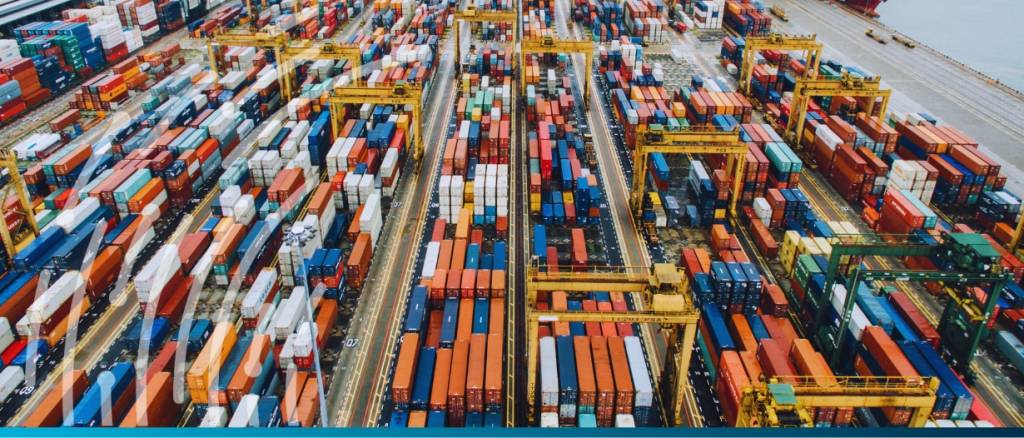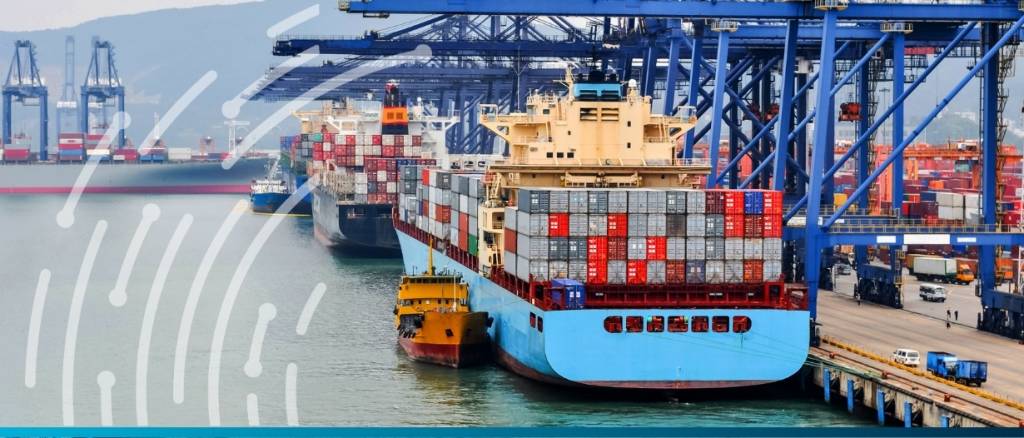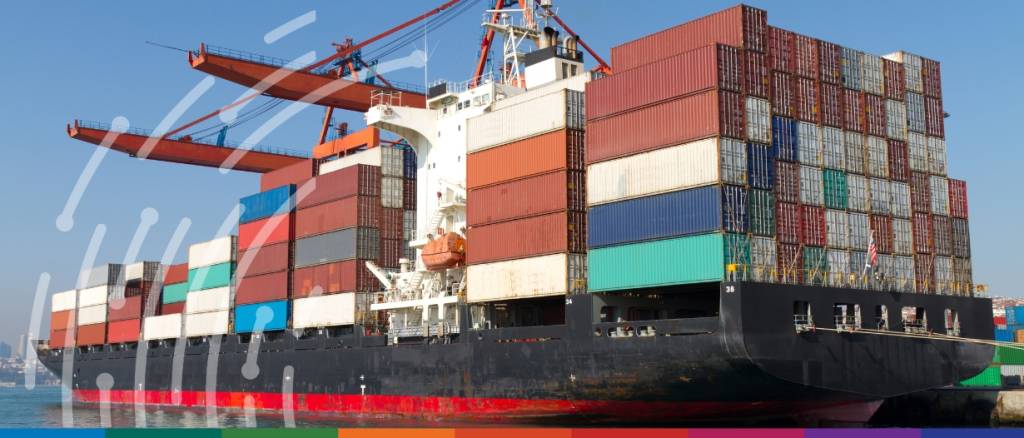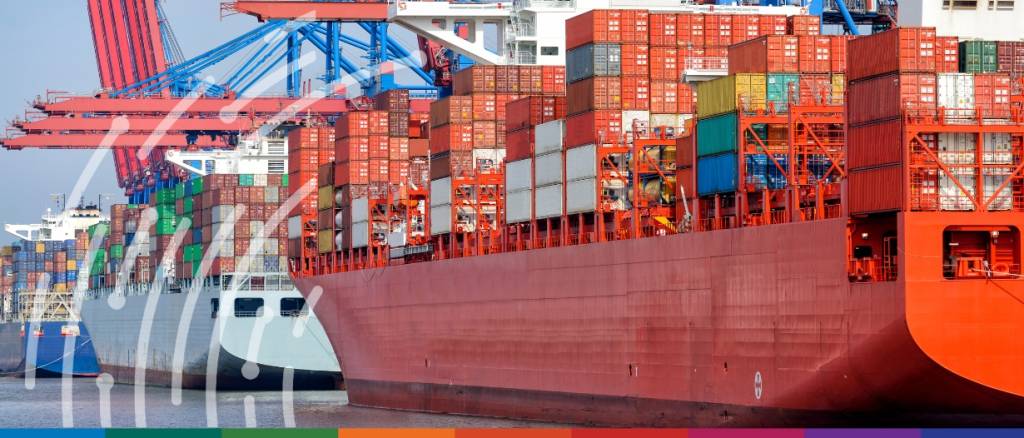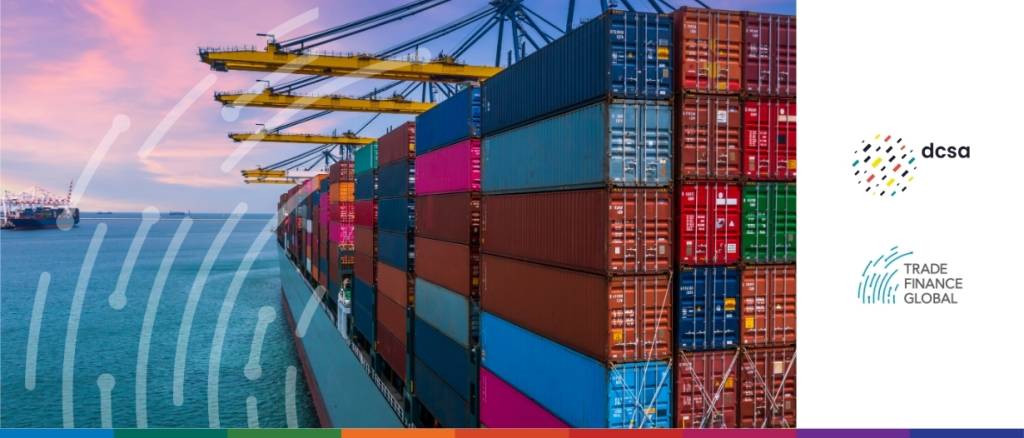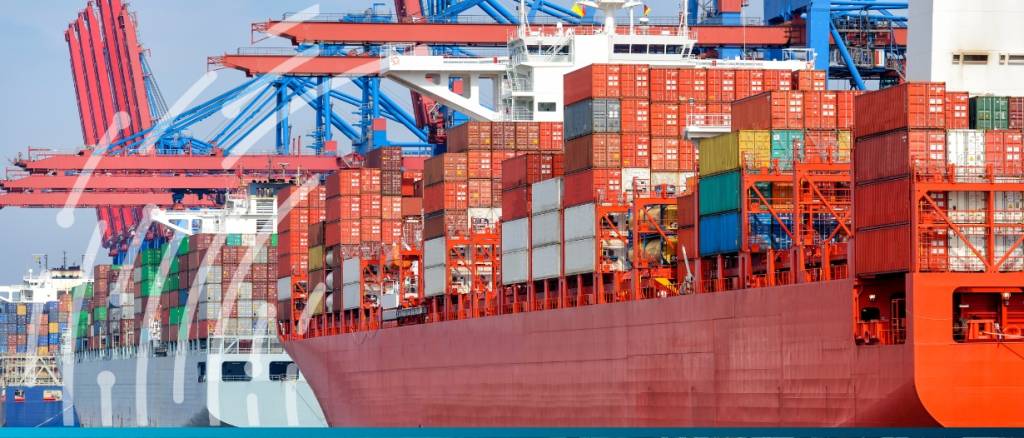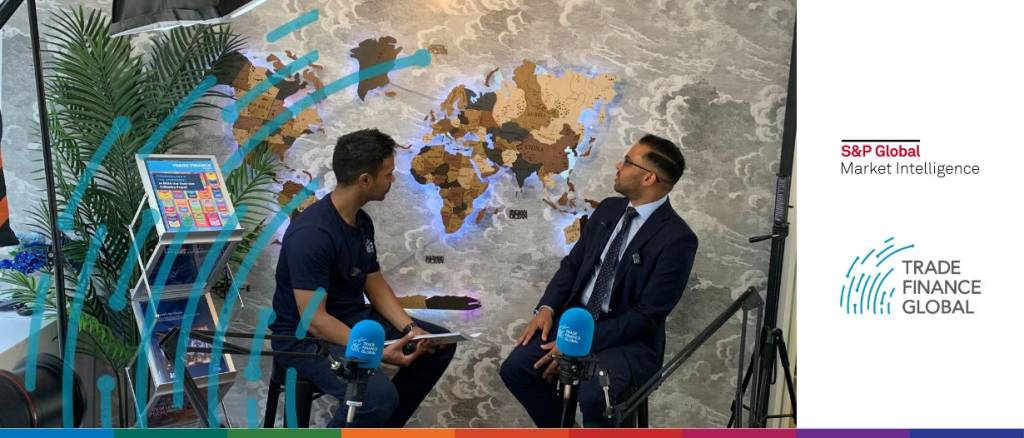Listen to this podcast on Spotify, Apple Podcasts, Podbean, Podtail, ListenNotes, TuneIn TBML is conducted by criminals to conceal illegal income by moving it through legitimate trade transactions by undervaluing or overvaluing goods and services, thus… read more →
Also known as The International Union of Credit & Investment Insurers, Berne Union is an international non-profit association and community for the global export credit and investment insurance industry. At… read more →
Speaking at the inaugural Global Logistics Forum in Riyadh, Transport Minister Saleh bin Nasser Al-Jasser revealed that £160 billion has already been deployed, yielding significant improvements in the country’s logistics… read more →
The energy transition is more than just a buzzword; it represents a fundamental shift in how the world generates and consumes energy.
Dockworkers on the East Coast of the US have suspended their strikes after three days. The port administrators, the United States Maritime Alliance (USMX), and the International Longshoremen’s Association (ILA)… read more →
In the container shipping industry, players across the supply chain are at varying levels of digital maturity. From cargo owners and terminal operators to legislators and governments, the wide range of participants makes uniformity difficult to achieve. As does the vulnerability of global networks, prone to disruption now more than ever.
As of June 2024, Houthi attacks in the Red Sea and Western Indian Ocean have escalated, with over 150 reported incidents since November 2023. These attacks have targeted both commercial and naval vessels, disrupting maritime traffic and global trade routes.
To learn more about efforts to improve operational efficiency and sustainability in the shipping space through technological advancements, Trade Finance Global’s Brian Canup spoke with Chris Sunderman, Program Lead for Banks at the Digital Container Shipping Association (DCSA).
In a positive step for trade digitalisation, BIMCO’s “25 by 25” campaign has surpassed its initial target within its first year.
Trade Finance Global (TFG) and S&P Global Market Intelligence are jointly hosting a webinar “Navigating sanctions: The role of transshipment hubs in Western-made components to Russia” on Tuesday, 2 July, 12:00 BST.
















